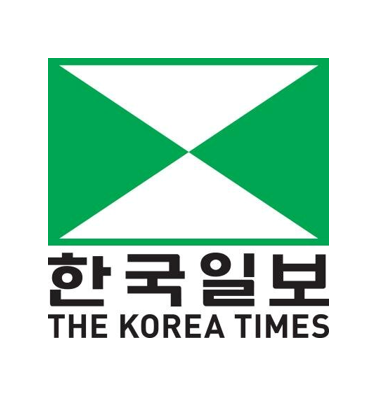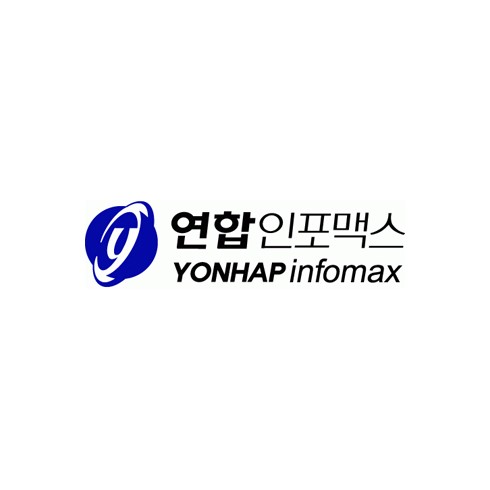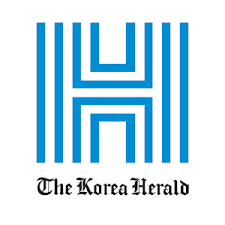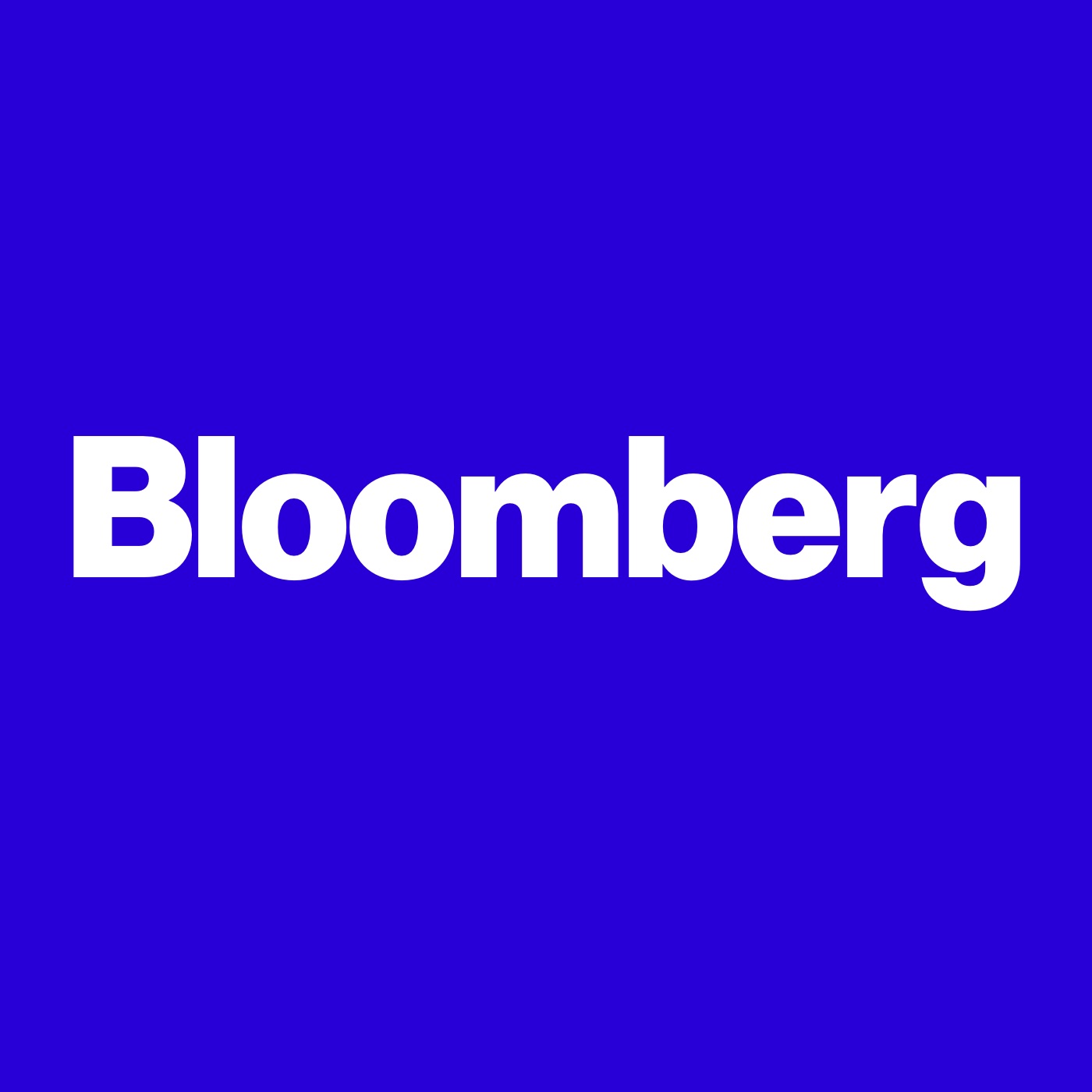Chaebols, NPS drive Korea Discount
The “Korea discount,” a chronic undervaluation of Korean shares relative to their global peers, remains unresolved, stifled by the undue influence of the National Pension Service (NPS) and family-controlled conglomerates 23 July 2024
The article penned by Lee Kyung-min for The Korea Times touches upon the persistent issue of the “Korea discount,” where Korean shares are undervalued compared to global peers. Despite South Korea’s strong economy, these factors contribute to the underperformance of its listed stocks. The article touches upon the report by SquareWell which highlights that chaebols, established with government support post-Korean War, significantly impact Korea’s GDP but also contribute to the undervaluation. The NPS, the world’s third-largest pension fund, manages over 1,000 trillion won ($722 billion) but exhibits inconsistent stewardship practices, further exacerbating the issue.
Government efforts like the Corporate Value-up Program have not met global investment standards, failing to protect minority shareholders and promote long-term capital market growth. The lack of specifics in this program disappoints investors, overshadowing past corporate governance reforms such as the Code of Best Practices and the 2017 Stewardship Code. A notable incident involving NPS was its opposition to global investors advocating for better governance at Samsung Construction & Trading (C&T), despite broad support from other major investors and proxy advisers. NPS’s decision to vote AGAINST proposals to increase shareholder dividends and share buybacks raised concerns about its transparency and commitment to governance reform.
The article concludes that the deep ties between chaebols and the government hinder progress in addressing the Korea discount, leaving the problem unresolved. The full article can be accessed here.





